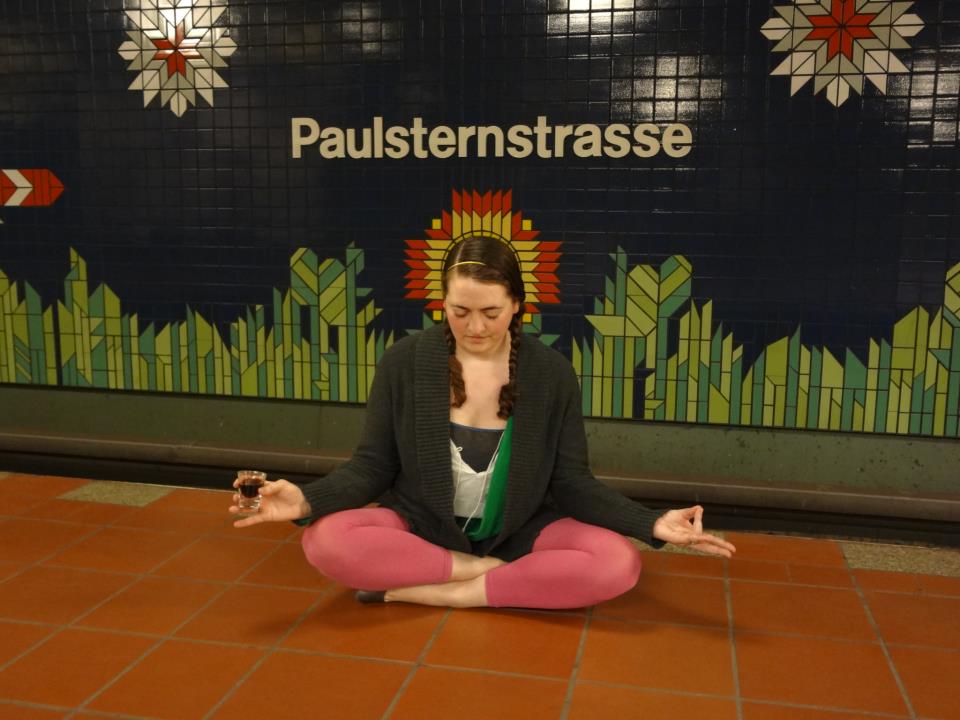So, it happened. After much discussion and controversy, Berlin’s Mietendeckel (rent cap) began on Sunday.
Nebulous fears of gentrification and practical fears of being priced out of the city mean the government is taking decisive action to try to keep Berlin – well, Berlin. The city once declared “Arm aber sexy” (poor, but sexy) by its former mayor, Klaus Wowereit, is no longer so poor, and maybe not as sexy.

Berlin Apartments PHOTO: Erin Porter
As immigrants continue to flood into this multiculti city, their look – and more importantly their income – is changing. No longer are immigrants guest workers and starving artists; the tech and start-up industry in Berlin is exploding. The population is growing by about 40,000 people a year. People are moving in with big salaries (for Berlin) and are able to afford top Wohnungs.
Landlords are scrambling to cater to this market, some hastily completing much needed renovations or just looking to cash in. The Global Residential Cities Index found that Berlin’s rents were rising faster than anywhere else in the world. From 2017 to 2018 rents rose by 21%. This has led to a dearth of affordable apartments.
I am a frequent lurker in a Facebook group for Berlin Expats and have watched as new people ask every day about the housing situation with growing desperation. Even worse is when people are trying to get out of their initial, overpriced rental and face the wrath of comments. A studio in Wedding for 800 euro? The outrage is real. Not just at the landlords, but at the newcomers to Berlin willing to pay these high prices and presumably raising the overall rent in the city for everyone.
The Berlin rent freeze seeks to rectify the situation. In short, what this law will do is stop all rent increases, starting retroactively from June 18, 2019, for the next five years. An estimated 1.5 million homes will have their rents capped at €9.80 Kaltmiete (cold rent which is before utilities) per square meter.
And the problem is massive. A Berlin data scientist painstaking entered current rental info into a matrix and discovered that from 1,687 applicable listings, three out of four apartments were priced higher than the allowed rent cap. I highly recommend examining his full findings.
So the rent freeze sounds….good? But it is complicated. What about the smaller landlords? What will happen in 5 years? And will this help the Berlin housing situation overall?
For Renters
New tenants signing rental contracts can check their rates with the city to verify that rents have not been raised illegally. For current renters, if the rent is above the limit established by more than 20 percent, renters can apply to have their rent lowered. (Note that buildings constructed after 2014 will be exempt as more housing is still needed and encouraged.)
This is also dependent on several mitigating factors. For example year of construction, the existence of a central heating system (Sammelheizung) and/or bathroom (Bad). Modern furnishings can raise the price by 1 europer foot if there are at least three of these features:
- Elevator
- Fitted kitchen
- High-quality sanitary equipment
- High-quality flooring in the majority of living spaces
- Energy consumption characteristic value of less than 120 kWh/(m² a)
The rent limits has been set in this table and a calculator (in German) has been supplied so you can estimate your rent.

For Landlords
Most people in Germany rent, and just from a few companies. Owners who possess less than five apartments account for less than 5 percent of all rentals. This means many of the large companies that have been raking in the rent are going to need to make big changes. Those that are found to disobey the new restrictions may face severe fines of up to 500,000 euro.
There are also holds on any renovations landlords have been planning. Any renovations need to be approved by the city to prevent the common practice of “improving” a property with unrequested alterations and jacking up the rent. This was a common tactic for landlords to greatly increase the rent, forcing out long-term tenants and raising the rent even further with new renters. Raises in rent due to renovations will also be capped at no more than €0.50 per square meter.
The freeze won’t last forever. Landlords will be allowed to raise the rents in line with inflation, an estimate of 1.3 percent each year, from 2022.
Overall
While this law has already been batted about by Germany’s government and made it through, it remains to be seen what effect this will have on the city and its people. The progressive coalition that pushed for this legislation is hopeful it will work, but Merkel’s CDU has been a prominent critic. They estimate the city might lose up to 90% of planned investment in properties.
However, this isn’t the only measure of its kind. Canada has offered rent regulation since 2006. In the EU, Spain and the Netherlands have nationwide rent control, and even in the USA a few states – California, New York, New Jersey and Maryland – are trying different measures.
Also, you must remember that Berlin’s average rents are still very low for a capitol city. Berlin’s rent averages €6.72 per square meter, roughly half that of Munich.
In my opinion, the city is gong to continue to grow, hopefully bringing those big tech dollars – or, erm, euros – without completely losing its artsy soul. If that is to be successful, people need places to live. We have got them covered with great food and culture, now let us supply reasonable places to live.



0 Comments